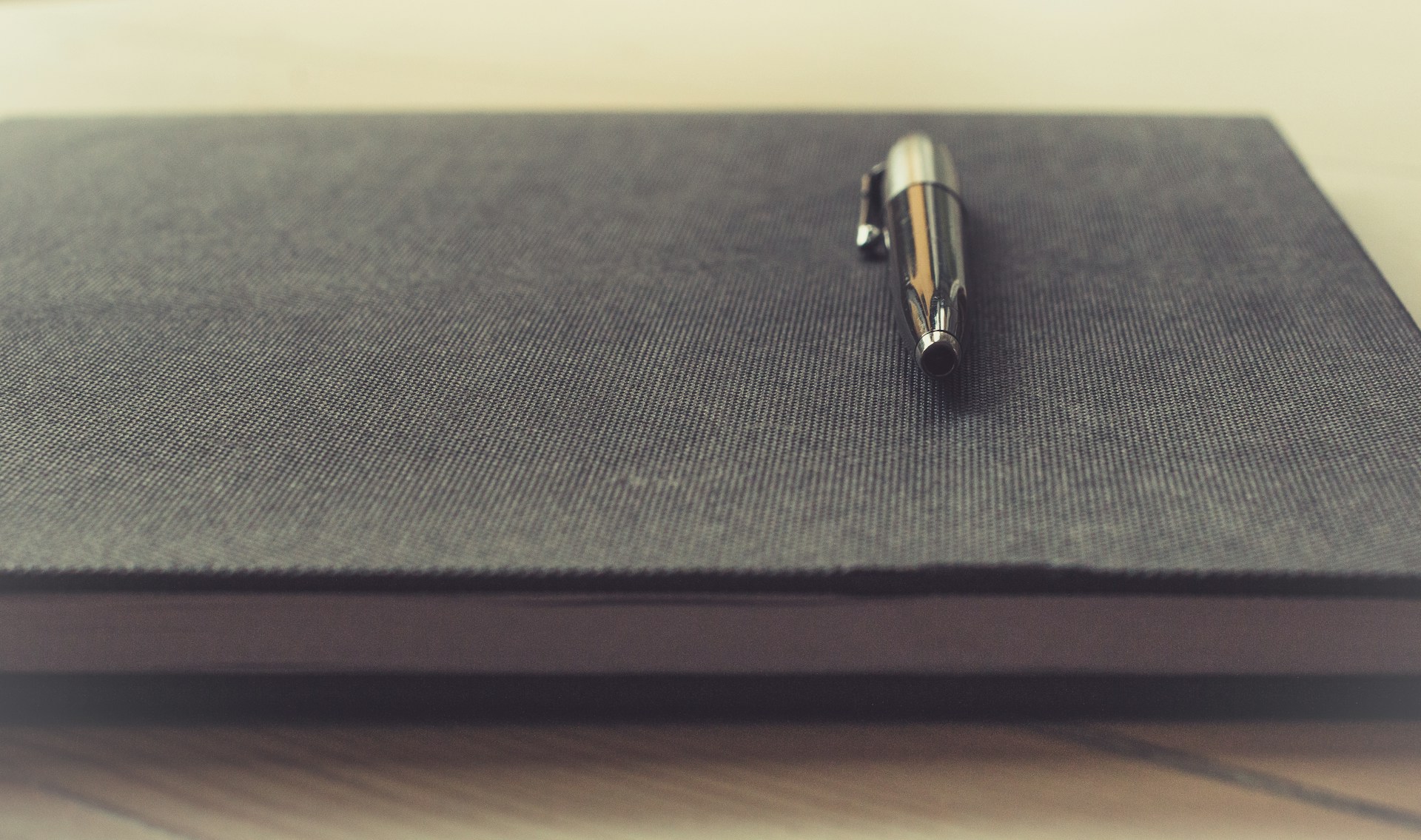How Do You Spell Wrong?
-

Eseandre Mordi
-
19 Feb 2024

In a world teeming with linguistic nuances, mastering the correct spelling of words is essential for effective communication. This article delves into the correct spelling of the word "wrong," providing insight into common pitfalls, mnemonic techniques, and the word's origin and usage, ensuring that your written exchanges are flawless.
Correct Spelling of Wrong
The correct spelling of the word in question is wrong. This word often becomes a stumbling block for many due to its pronunciation, which doesn’t intuitively point to its spelling. The silent 'w' can especially throw off non-native speakers or learners at the beginning stages of their English language journey. Despite these challenges, remembering that wrong is always spelled with a 'w' at the beginning followed by 'rong' can help solidify this spelling in one’s memory.
How Can Remember the Correct Spelling
A good technique for remembering the spelling of wrong is to break it down phonetically to "w-rong," emphasizing the silent 'w' at the beginning, which is uncommon in English words. Associating it with similar patterns like in "write" or "wrap" can also strengthen recall. Visual memory can be aided by picturing the word in your mind’s eye, focusing on the peculiar 'w' starting the word.
Common Spelling Mistakes
- Rong - Missing the initial 'w', which is silent and therefore easily forgotten.
- Wrung - Confusing 'wrong' with the past tense of 'wring,' indicating a misunderstanding of the word's meaning as well as its spelling.
- Wrog - Omitting the 'n', presumably due to a typographical error or mishearing of the word.
These spelling variations are incorrect because they either alter the word completely, changing its meaning or do not adhere to the recognized spelling in the English language.
Definition and Etymology of Wrong
The word wrong serves primarily as an adjective, signifying something that is incorrect, unjust, or not suitable. Its origins trace back to the Old English 'wrang,' which means 'crooked or twisted,' which metaphorically came to represent what is morally twisted or incorrect. Over centuries, its application broadened to encompass inaccuracies beyond the moral or ethical realms. The development of its usage reflects the natural evolution of language, adapting to varied contexts while still rooted in its original connotation.
Transcription of Wrong
In phonetic script, wrong is transcribed as /rɒŋ/ in British English and /rɔːŋ/ in American English. The difference lies in the vowel sound, which is slightly shorter and less rounded in British English compared to its American counterpart. Despite these regional variations, the initial silent 'w' and the 'ng' sound at the end remain constants, pivotal for correctly pronouncing the word in any accent.
Examples of Using of Wrong
- He quickly realized that his answer was wrong.
- To wrong someone is to treat them unjustly.
- Finding oneself on the wrong path can be disheartening.
- "You were wrong about the weather; it’s actually sunny."
- It feels wrong to leave without saying goodbye.
FAQ
What does the word wrong mean?It signifies something that is not correct, just, or appropriate.
Words Closely Related to wrong: incorrect, mistaken, unjust, improper.
Synonyms for wrong: erroneous, false, unjust, inaccurate.
The Difference in American and British Versions
While the spelling of wrong remains constant across both American and British English, the pronunciation slightly differs, as mentioned in the transcription section. Aside from this phonetic variation, there is no difference in usage or meaning between the two. This universality underscores the word’s integral role in English, irrespective of regional dialects.
Academic Dictionaries
- Oxford English Dictionary.
- Merriam-Webster Dictionary.
- Cambridge Dictionary.
#EnglishGrammar #Spelling #LearningEnglish #LanguageArts #Vocabulary
